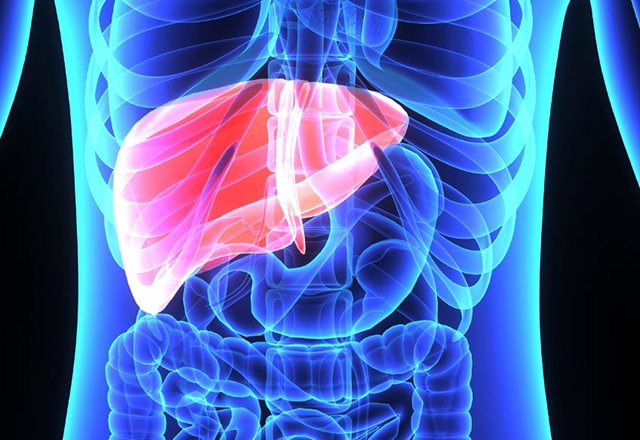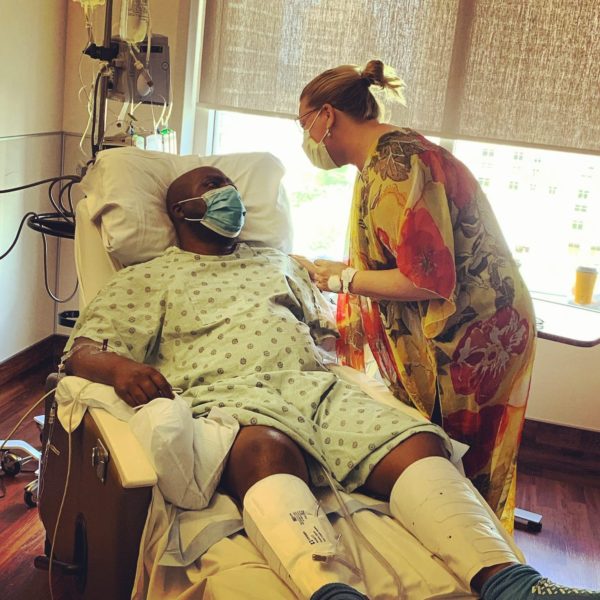Loading
While COVID-19 continues to dominant the United States healthcare system, nearly 100,000 Americans are still on a waitlist for a kidney transplant and each day 12 patients die waiting for a kidney. National Kidney Foundation (NKF) Health Policy Director Miriam Godwin knows these statistics all too well and made the altruistic decision to take action and help others by becoming a living donor during National Donate Life Month in April. Like all incredibly selfless living donors, Godwin made a conscious choice to help others, but please don’t call her a hero.
“It’s difficult to live with the knowledge that some of the most vulnerable people in our society such as the elderly, communities of color, and those with limited financial means are waiting for kidney transplants, especially when kidney patients have been at such exceptionally high risk from COVID-19,” said Miriam Godwin, NKF Health Policy Director and a kidney transplant living donor. “It’s my job to make kidney transplants more accessible, but the tools to create system-level change are limited and take time. No one should be denied the opportunity for kidney health because of the circumstances of their birth. I became a living donor because I knew I could help one person right now, so I did. It was one of the easiest decisions I’ve ever made.”
Read the full story, here.
Loading






